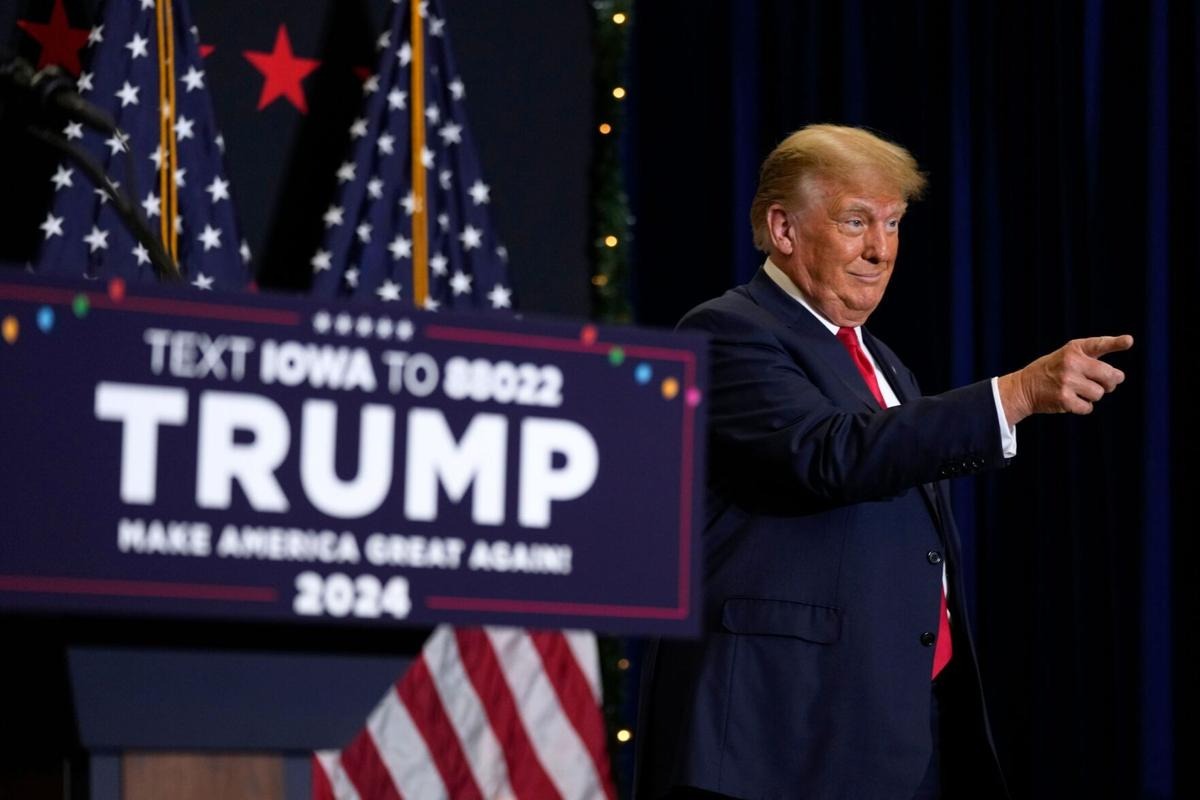The 4-3 ruling will be put on hold until January 4, pending Trump’s appeal to the US Supreme Court. The Supreme Court could settle the matter for the nation.
The state Supreme Court’s decision only applies to Colorado. However, the historic ruling will impact the 2024 presidential campaign. Colorado election officials have stated that the matter needs to be resolved by January 5, the statutory deadline to set the list of candidates for the GOP primary scheduled for March 5.
The Colorado Supreme Court rejected Trump’s free speech claims and stated that the First Amendment did not protect his speech on January 6.
The Trump campaign plans to appeal the decision.
According to CNN, sources close to the former president expressed surprise at the court’s ruling to remove Trump from the state’s 2024 ballot.
After the decision, Trump, currently the front-runner for the Republican presidential nomination, received support from members of Congress and at least one other GOP presidential hopeful.
The court made several key findings in its decision:
Colorado state law permits voters to challenge Trump’s eligibility under the federal constitution’s ‘insurrectionist ban.’
Colorado courts can enforce the ban without any action from Congress.
The insurrectionist ban applies to the presidency.
The attack on the US Capitol on January 6, 2021, was an insurrection.
According to the court, Trump engaged in the insurrection by inciting the crowd with his speech that day.
The court also ruled that the First Amendment did not protect Trump’s speech.
Chief Justice Brian Boatright, one of the three dissenters on the seven-member court, wrote that he believes Colorado election law was not intended to decide whether a candidate engaged in insurrection. He would have dismissed the challenge to Trump’s eligibility.
A group of Republican and independent voters, in coordination with the liberal government watchdog group Citizens for Responsibility and Ethics in Washington, filed a lawsuit. In November, a district judge issued a ruling that labeled Trump as an insurrectionist but stated that the presidency is exempt from the vague ban in the 14th Amendment.
Earlier this month, the Colorado Supreme Court held oral arguments, during which the justices sometimes appeared divided. Some of the justices’ questions indicated that they were considering the possibility that the ban could apply to Trump. However, at other times, they seemed uncertain whether the trial court had jurisdiction to rule on the matter.

 Discuss
More news
Discuss
More news


